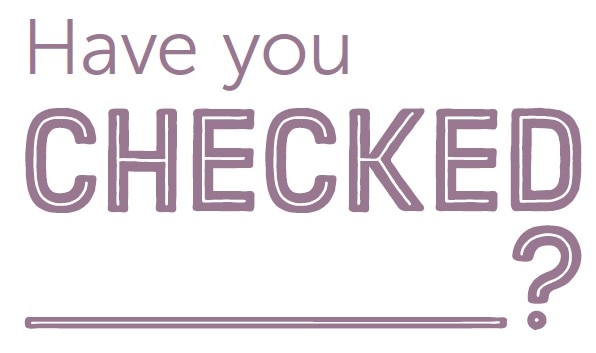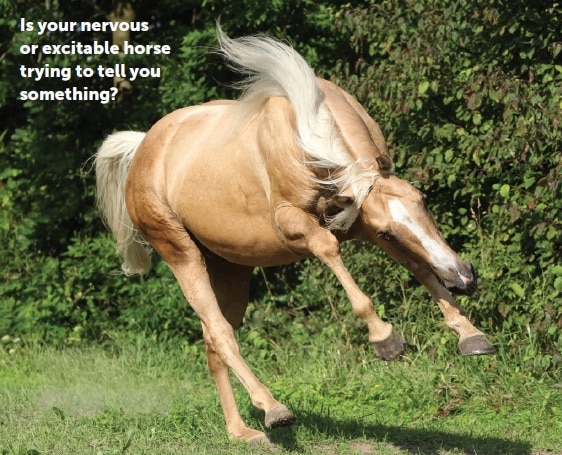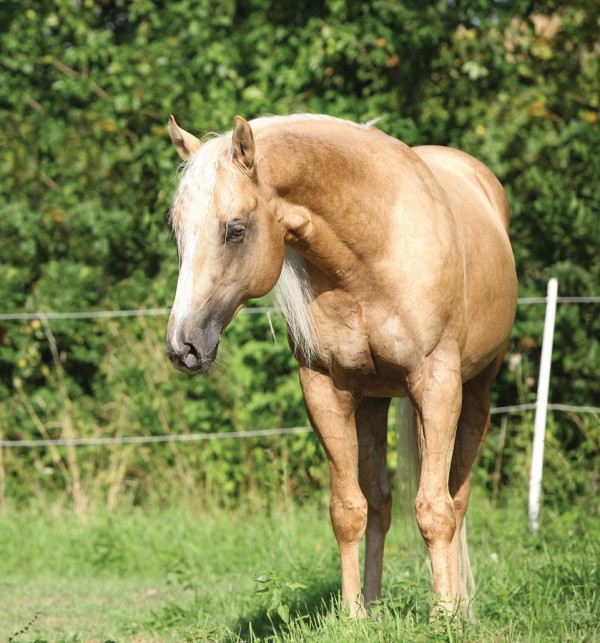Common Root Causes of Behavioral Problems in Horses

Working with an unpredictable, nervous, excitable horse isn’t fun (for you or your horse), so it’s an important problem to solve. But where do you begin? Start by checking these common root causes of “bad” behavior, and you’ll be one step closer to calm!

1. Ill-fitting tack
Just like you feel your best in clothes that fit, your horse feels his best in tack that fits. If you’re not sure your saddle is the right fit for your horse, consider contacting a saddle fitter for expert advice. An appropriate and well-fitting bit are also key to a happy ride, so work with your trainer to find and fit the right bit for your horse. Finally, try experimenting with different girth styles. Some horses prefer the fluff of a fleece or sheepskin-lined girth, while others are happier in one that’s non-slip or plain leather.
2. Sugar high
Your horse’s feed is his fuel, so if he’s running too hot, his diet may be too high-octane. Many grains are high in sugars and starches, which can attribute to an excitable attitude. If you’ve got a hot horse, you should aim to feed the minimum amount of grain possible (which may well be no grain at all!). If your horse can sustain his weight on hay alone, adding a ration balancer or vitamin/mineral supplement is a great way to make sure he has the nutrients he needs without unwanted calories. Learn more about building your horse’s ideal diet at SmartPak.com/BetterDiet.
3. Stomach woes
Your grouchy, misbehaving horse may be trying to tell you that his stomach hurts. Over 60% of performance horses have gastric ulcers, and this painful condition can have an adverse effect on your horse’s performance, attitude, body condition, and overall well-being. If you think that ulcers could be the root of your problem, talk with your veterinarian to get a proper diagnosis and design the appropriate treatment plan for your horse. Learn more at SmartPak.com/HealthyStomach
4. Teeth trouble
Your horse’s teeth are constantly growing and he wears them down as he chews. However, sometimes they wear unevenly and leave sharp points that not only make it uncomfortable to have a bit in his mouth, but also can make it difficult to chew. You should have your horse’s teeth checked at least once a year (twice for seniors!) to make sure everything’s in good shape. And if your horse is being fussy or cranky about his mouth, it’s a good idea to have your veterinarian or equine dentist come out to take a look inside.
5. Training issues
If you’ve checked out the potential physical causes of your horse’s bad behavior, consider that a training issue could be part of the problem. Working with a qualified trainer will be key to helping you and your horse work through training challenges. And keep an open mind! A trainer from a different discipline or style may have an approach that works better for you and your horse’s unique partnership.
6. Too little turnout
Think about how your horse spends his day. How often is he getting out to stretch his legs? Horses were designed to
be outside and constantly on the move, not standing in a stall, which is unnatural for them. Providing your horse with as much turnout as possible, ideally with some pasture pals, can help release excess energy and relieve stress.
7. Supplemental support
If you’ve worked with your veterinarian and your trainer to cross off the other possible reasons for your horse’s bad behavior, adding a calming supplement to your horse’s diet may be a smart choice. Some horses need more magnesium than a typical diet provides, and clinical signs of magnesium deficiency include nervousness
and muscle tension. Similarly, horses lacking in B vitamins may be anxious, spooky, or unfocused.
Calming supplements can help by providing these nutrients, along with amino acids that support a balanced nervous system. Quiessence provides a great source of magnesium, while SmartCalm Ultra provides magnesium, vitamin B1, and the amino acid tryptophan to help your horse feel focused and at ease. Herbal calming supplements with ingredients like valerian, vervain, chamomile, and hops can also provide balanced support for nervous horses, but may be restricted by some competitive organizations. SmartTranquility Pellets provide comprehensive herbal calming support.
For moody mares, herbs like raspberry leaf and chaste berry, found in SmartMare® Harmony, may help support normal hormone levels and a balanced temperament. Learn more about choosing the right calming supplement for your horse at
SmartPak.com/Calming
